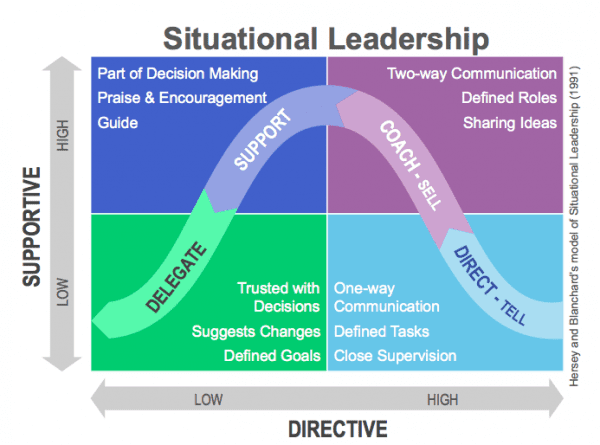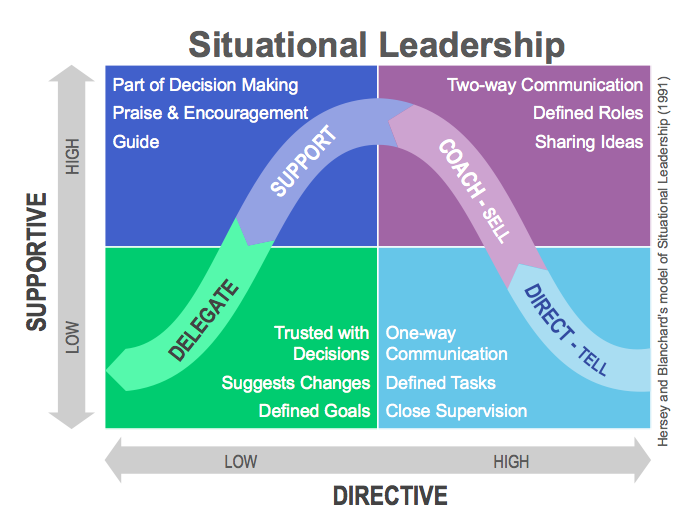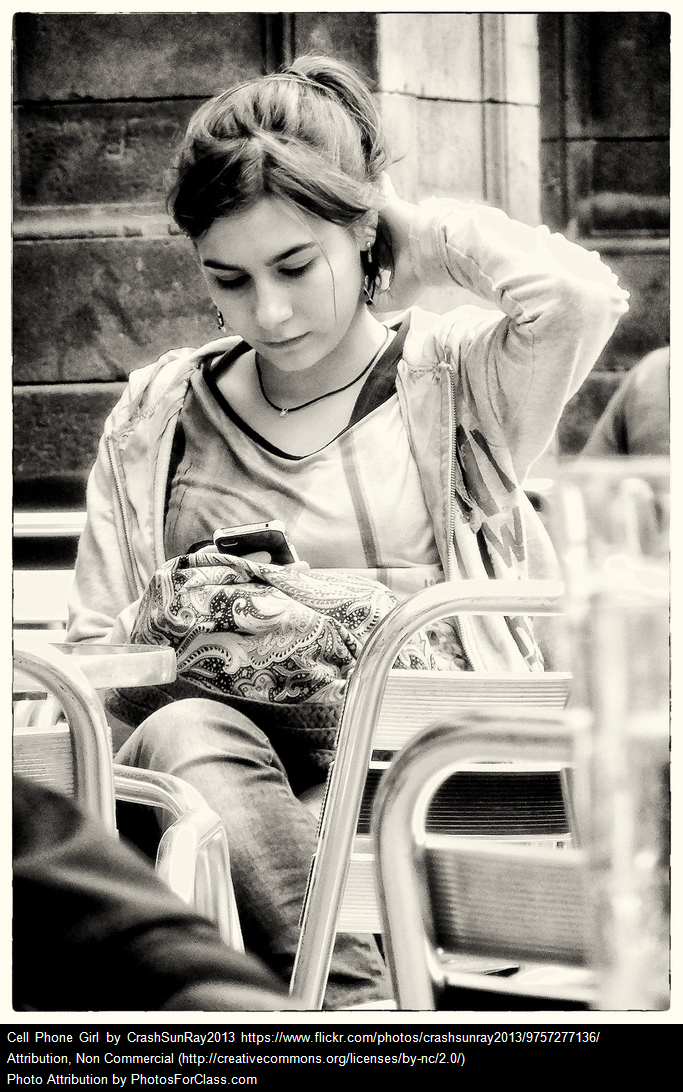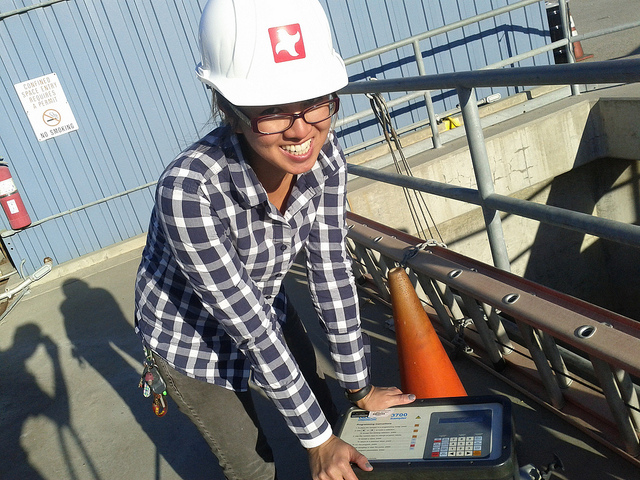
This post follows this one by new Principal Neil MacIntosh, as he reflects in real time on his first year on the job. What is your leadership style? Tell us below or tweet @learnquebec
This is a difficult talk – looking at the mirror that is held up against you…or for you. Julie Hobbs of ASSET, pushing me further, had me go through this exercise. That is probably why I have been so late and lazy in getting my 2nd post out – fear and loathing in professional development.
Evolving a leadership style
I have tried to delegate leadership where possible. Let me start again. The first term was spent supporting teachers (and students) in terms of making a workable, effective schedule. The more I examine this subject, the more I see what I have missed. A lot of time and effort (enjoyable at times) was spent on (re)creating relationships with the students, parents and staff. Time was spent in staff meetings, sure, but more time was spent with staff in one-on-one meetings in different locales around the school at various times during the day. Sometimes what I saw during my period 1 walkabout would trigger later discussions. I went from a very supportive, listening style to one that began to take a bit of an edge of leadership as I became more confident in my understanding of the situation and what people’s expectations were.
At points, I asked myself if I dithered too long while getting everybody’s point of view as opposed to taking a stand and going with it. The wait and see management style did have its advantages; I saw that people were getting comfortable (and trusting) seeing me (and I guess I was too) in an official leadership role, whereas in the past I had acted more in an unofficial leadership role.
So my ever changing leadership style is correctly described as situational, as coined by Hersey and Blanchard (1991). The level of leadership depends on the other’s ability, maturity, autonomy and willingness to carry out a task. . Because I spent so much time listening and perhaps dithering, I managed to avoid the highly directive and not very supportive style of directing or telling people what to do (bottom right quadrant, in turquoise below).
The role of parents
The next day I looked at what I had written and realized that I have left the parents out of a lot of this – too much of the discussion is along the principal teacher axis. In School-Community Leadership by Jeffrey Glanz, he quotes Epstein and Van Voorhis thus, “Research is accumulating that shows that particular parent involvement practices improve student achievement, attitudes, homework, report cards grades, and aspirations.” And how could it not – ask many parents. Yet the paradigm that runs in schools is that the success rests on the shoulders of the teacher and the student. The role of parents is diminished, sometimes willfully. Administrators are far more comfortable working change on staff than on parents – staff can be controlled and corralled to a certain degree (agreed, a horrible analogy). Even John Hattie, in his view of the factors contributing to student achievement, “Visible Learning” (2009), states that “parents can have a major effect in terms of the encouragement and expectations that they transmit to their children.”
Giving up control
My last thoughts on this come out of my experience directing/producing our school’s Christmas Show a month or so ago. Two days of a snow storm cancelled the rehearsals and show. We rescheduled with limited practice. We had changed from a music class approach to a classroom approach so that all the students would have stage time and the stress load would be spread over all the staff, not just the music teacher. Staff had signed on with some grumbling; preparation was held during regular class time by the teacher – students could sing, read, act, whatever on stage under the stern eye of their homeroom teacher. I had no actual control of the product or the “unit directors.” I have gained so much respect for those who direct amateur theatre. We marched forward on show night. The show was short and sweet, full of the usual collection of laughs and gaffes from our elementary and secondary students – and our parents loved it. Parents helped afterwards to put away the chairs – a great time for casual contact with all parties concerned. So despite my uneasiness of my lack of control due to my delegation of all the tasks (I was a dogsbody that night) , it worked out wonderfully.
References
Situational leadership theory – Wikipedia entry
Stronge, James H & Richard, Holly B & Catano, Nancy (2008). Qualities of effective principals. Association for Supervision and Curriculum Development, Alexandria, VA






More Examples of “giving up control”.
(1) For teachers—let students’ researched questions guide the content and nature of class demonstrations; by vote,let students decide what the topics of the review-section of a test should be.
(2) For education faculty and ministry—let teachers decide on the length of the student-teaching session; let far more teachers create a pool of evaluation questions and techniques for elementary and high school students.
(3) For administrators—encourage pedagogical debates among all staff rather than subscribing to the current trend.
Hi Neil
I enjoyed reading this. Very articulate. Very honest.
MBWA Management By Walking Around
Lorraine